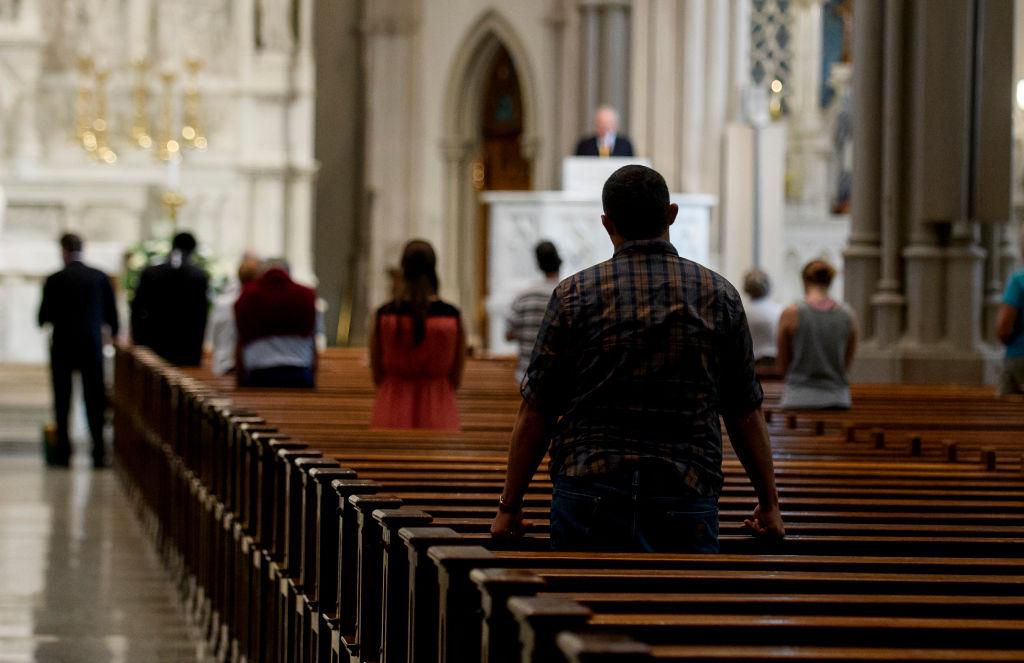Calls by U.S. Catholics demanding swift and concrete action on allegations of clergy sexual abuse across the United States have grown steadily louder since the release of a horrific grand jury report by Pennsylvania last month.
At least seven states have started investigating these claims, marking an unprecedented new wave of scrutiny and raising broader questions of how Roman Catholic Church officials may have protected clergy and how to best prosecute perpetrators.





